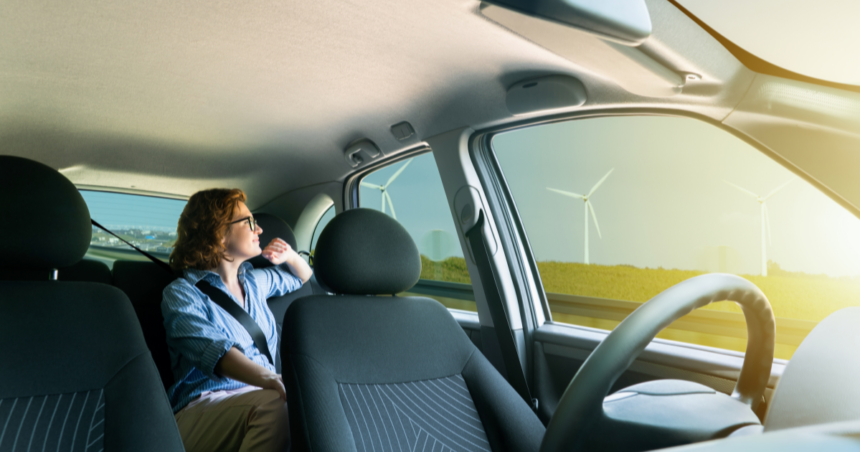Introduction:
A new age of transportation has begun with the emergence of autonomous cars, which promise to make our roadways safer and more productive. But as self-driving cars proliferate, concerns about accountability and culpability in the event of accidents have surfaced. When a self-driving automobile is involved in an accident, who is responsible? Which party is at fault: the person who made the car, the person who created the software, the human “safety driver,” or the other driver? In order to secure a safer and more responsible future on our streets, we will examine various solutions to the complicated issues surrounding autonomous car liability in this blog post.
The Shifting Landscape of Liability :
The conventional idea of culpability in auto accidents has been thrown off balance by the advent of self-driving automobiles. In the past, any damages or injuries brought on by an accident were often attributed to the driver of the car. However, the distinctions between roles are far hazier in the case of autonomous cars. The move towards autonomous vehicles raises concerns about who should be held accountable—the manufacturer, the software creator, or perhaps the artificial intelligence system itself.
Manufacturers and Software Developers: A Shared Responsibility :
Many contend that manufacturers and software developers bear the major blame for mishaps with self-driving automobiles. After all, it is they who are in charge of creating the autonomous systems. They should be held responsible for any accidents caused by bugs in the hardware or software. To reduce the likelihood of such tragedies, businesses creating self-driving technology should make significant investments in thorough testing, safety procedures, and continual improvement.
The Role of Human “Safety Drivers” :
A human “safety driver” who can take over the vehicle if required is sometimes included in self-driving automobiles. These safety drivers are tasked for keeping an eye on the activities of the vehicle and acting as necessary. However, studies have shown that while depending on autonomous systems, human drivers might get complacent, which reduces their ability to take control in urgent situations.
Questions concerning a safety driver’s degree of culpability are raised in incidents if they fail to act quickly. Should they be held accountable for failing to stop the accident, or should the manufacturer and software developer still bear the brunt of the blame for failing to provide a reliable system?
Negligence and User Responsibilities :
Autonomous cars may lessen accidents brought on by human mistake, but they are still susceptible to other types of irresponsibility. Self-driving car users still need to practise safe driving habits. Accidents might result from human error, poor maintenance, or an effort to disable safety mechanisms. Users should be held responsible for these actions.
Legal and Regulatory Challenges :
The legal and regulatory structures surrounding autonomous cars also advance along with technology. A complicated patchwork of laws governs the operation of autonomous vehicles since different nations and jurisdictions have different laws and requirements. To inspire trust in both producers and customers, it is essential to establish unambiguous responsibility standards. To develop thorough laws that handle liability issues without limiting innovation, policymakers must cooperate with the car industry.
The Role of Insurance Companies :
Additionally, the introduction of autonomous vehicles has caused insurance firms to review their procedures. In a world where most driving is done by the car itself, conventional auto insurance models could not be appropriate. Others advocate a hybrid system where both the maker and the user have insurance coverage. Some experts advocate moving towards a product liability paradigm where manufacturers take on greater responsibility.
Conclusion :
The potential for autonomous cars to reshape the transportation industry is enormous. The issue of culpability in autonomous vehicle accidents still presents a significant difficulty. To maintain accountability without stifling innovation, a proper balance of accountability between manufacturers, software developers, safety drivers, and consumers is essential. Collaboration between the governments, the automobile industry, and other stakeholders is crucial as we travel the path to autonomous cars. We can usher in a period of self-driving mobility that is safer and more responsible by developing strong legislative frameworks, enhancing safety technology, and resolving liability issues.
Author: Shruti Gala




